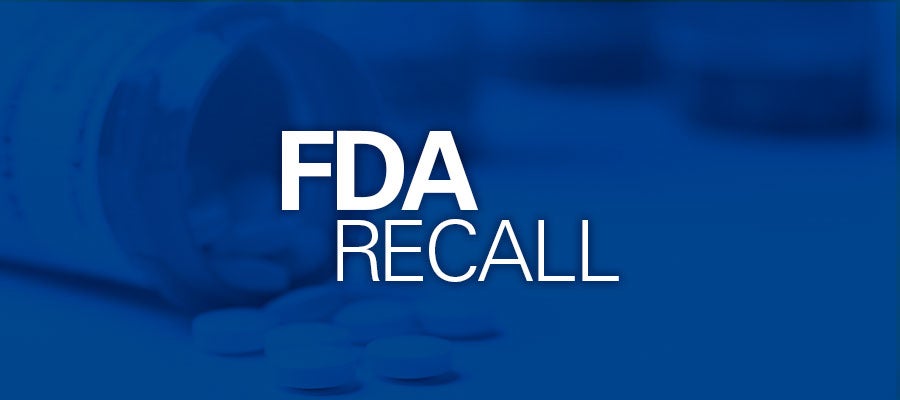In a panel discussion moderated by Aaron Wesolowski, AHA vice president of research strategy and policy communications, John Allison, AHA senior associate director, health policy and analytics; Jeremy Martin, COO of St. James Parish Hospital in Lutcher, La.; and Carl Vaagenes, CEO, Alomere Health, in Alexandria, Minn., reviewed the impacts of certain Medicare Advantage programs on many rural hospitals, as revealed in the AHA’s new report, The Growing Impact of Medicare Advantage on Rural Hospitals Across America.








